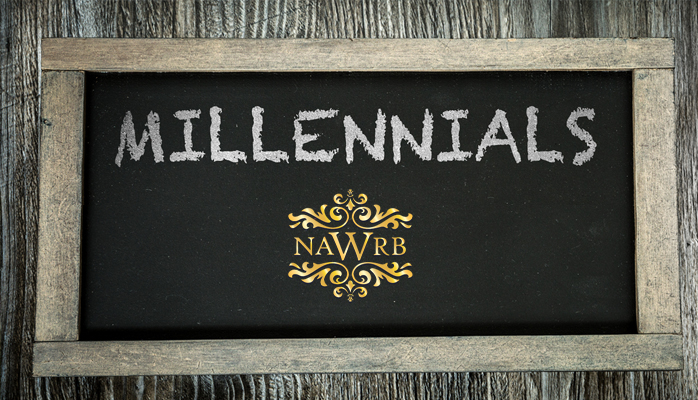Traditionally, Diversity and Inclusion (D&I) in a workplace mean the representation and acceptance of people regardless of their race, gender, religion and other factors. Millennials, who will comprise 75 percent of the workforce by 2025, have a different perception; even though they respect the old norm, for them D&I is more about intellectual acceptance.
The Radical Transformation of Diversity and Inclusion: The Millennial Influence, a study by Deloitte and the Billie Jean King Leadership Initiative (BJKLI), approached 3,726 participants from varying walks of life and asked them 62 questions about D&I.
The results clearly show a vast difference between the mindsets of millennials and individuals from the generation-X and baby boomer generation. For the millennials, diversity implies the “individual mix of unique experiences, identities, ideas and opinions,” and the older generation defines it as, “demographics, equal opportunity and representation of identifiable demographic characteristics.”
The study says that 32 percent of millennials are more likely vouch for respecting identities, while 21 percent of nonmillennials turn their attention to representation. The results show that 35 percent of millennials are more likely to value unique experiences versus 19 percent of the older generation who are more likely to see religion and demographics as key.
Also, 29 percent of the younger generation show more chances of paying attention to an individual’s ideas, opinions and thoughts whereas 25 percent of nonmillennials focus on equality.
Fairness of opportunity was and is still is a major issue in the business realm, but millennials think that cognitive D&I will have a better impact on business prospects. Cognitive inclusion gives teams a unique structure and will be welcomed by the 71 percent of millennials who are more interested in teamwork.
Based on the results, the researchers found that millennials are more satisfied with their jobs and feel empowered if there is an inclusive culture at work; a higher rate of inclusion is directly proportionate to increased engagement on the part of the employees. Increased engagement translates to better performance and improved results. Also, being able to express oneself appeals to the millennials and in our opinion, the corporate world might do better if the older generation alters their views a bit to accommodate the voice of the up and comers.
The generation X and baby boomers probably have a fear of being ousted by a younger generation but with their company’s future in mind, they should give the new ideas on Diversity and Inclusion a serious thought.
Read the complete report here.

 Login
Login

